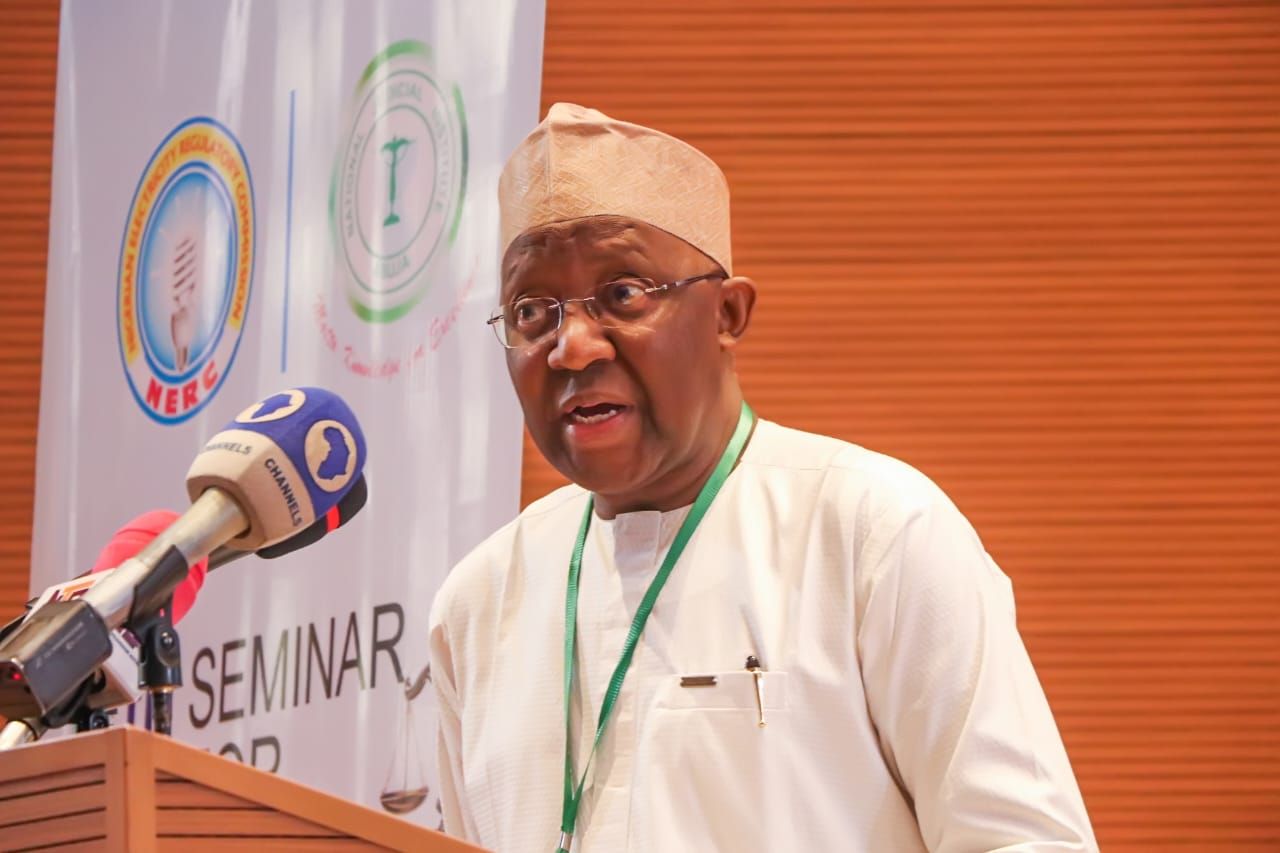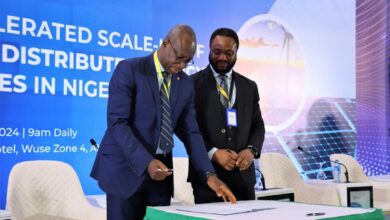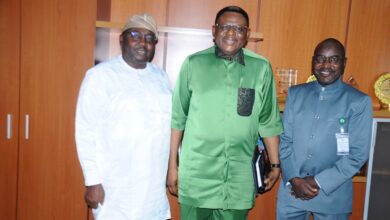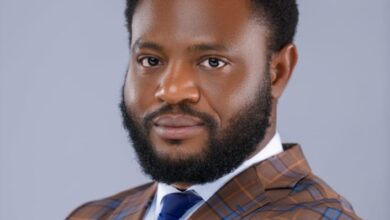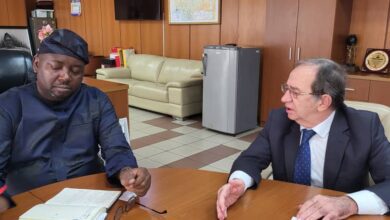Over 100m Nigerians Still In Darkness Despite Power Subsidy Interventions -Presidency

The Special Adviser to the President on Energy, Mrs. Olu Verheijen has disclosed that the President Bola Tinubu-led administration was working to address foundational issues in the power sector to bridge the access gap in the country.
Mrs. Verheijen disclosed this in her Opening Remarks at the 7th Nigeria International Energy Summit (NIES) on Friday, March 1, 2024, in Abuja.
She lamented that despite the Interventions from the government on subsidies, over 100 million Nigerians still do not have access to consistent and affordable electricity.
Represented by the Team Lead-Power, Office of the SA on Energy to the President, Mrs. Eriye Onagorowa, the SA said, this lack of access directly impacts their ability to achieve meaningful income growth, as a lack of reliable electricity limits productivity and restricts economic expansion.
She noted that the link between electricity consumption and economic development was well established across different African countries with different income strata, with South Africa leading the pack while Nigeria is at the bottom.
The SA said, “South Africa is leading the pack with about 23,392 kilowatt hour annually, which comes to about 1,949 kilowatt hour monthly.
“Closely followed by Egypt, 9,639 kilowatt hour annually, which comes to about 800 kilowatt hour per month.
“Morocco, 7,237 kilowatt hour annually, comes to about 600 kilowatt hours monthly.
“Nigeria last and certainly the least, 2,548 kilowatt hour annually, translates to about 212 kilowatts per month”, she lamented.
Mrs. Verheijen noted that the economic impact of energy poverty on economic development cannot be overstated, stating that businesses that operate in environments like Nigeria continue to struggle with high operational costs and lower productivity, making them less competitive both globally and locally.
This, she disclosed affects job creation and limits income growth opportunities, revealing that for households, the lack of access to clean and reliable energy sources has profound implications for education and health, which remain important determinants of economic mobility.
According to her, Nigeria’s macroeconomic difficulties and unreliable power supply have severely impacted the productivity of the commercial and industrial sectors.
He said, “over the years, this has resulted in low productive use of electricity. This situation has led to a scenario where a disproportionate amount of the available power is consumed by the residential sector, which accounts for more than 70% of final electricity consumption.
Furthermore, over 70% of Nigerians live below the middle-income international line of poverty, which is set at about $3.20 per day, rendering them unable to afford electricity access.
The implication of this is a largely poor residential customer base, resulting in limited revenue for utilities. This in turn exacerbates the issue of reliability and affordability, as utilities find themselves unable to reinvest in expanding and enhancing the electricity infrastructure”, she noted.
To address these challenges and unlock the economic potential of Nigeria’s energy sector, she maintained that it was crucial to shift focus towards growing the productive use of electricity, particularly in the nation’s commercial and industrial sectors.
“These sectors clearly have a higher capacity to pay cost-reflective tariffs and are crucial for powering productivity and competitiveness.
“By enhancing access to reliable electricity for this sector, we can stimulate job creation and increase the economic and income growth.
“This strategic focus not only aims to lift people out of poverty, but also strengthen the financial viability of the energy sector”, she stressed.
On what the Nigerian government under Mr. President Tinubu is doing, she said,
“we are currently addressing foundation problems that, when resolved, will help in increasing energy access to Nigeria. I’ll discuss two of them briefly.
“A multi-agency team involving the Ministry of Finance, the Ministry of Budget and Planning, the Ministry of Power, and the Office of the Special Advisor on Energy is actively pursuing reforms and initiatives aimed at expanding access to electricity and enhancing its productive use.
“A key focus of this effort is addressing the outstanding debt to all the various sectors of the electricity value chain, and clearly this is a move designed to encourage the consistent and continued availability of power.
“This strategy is expected to bolster the financial health of the GenCos and lead to an increase in electricity production across the nation.
“Secondly, my office plays a pivotal role in providing secretarial and coordination support for the Presidential Metering Initiative (PMI), a critical project launched by the federal government of Nigeria to tackle financial inefficiencies within the power sector.
“The PMI is set to revolutionize the electricity sector by deploying only smart meters, developing a locally designed metering communication system, establishing a metadata management system tailored to address key social challenges related to metering.
“The initiative aims to improve the financial viability and commercial operations of the DisCos by fostering cost efficiency, improving revenue collection, and minimizing losses.
“One of the ambitious goals of the presidential metering initiative is to reduce the aggregate technical, commercial, and collection losses, which are around about 47 percent, to globally accepted standards of between 12 to 15 percent”, the SA noted.

